Mental Health Support Groups
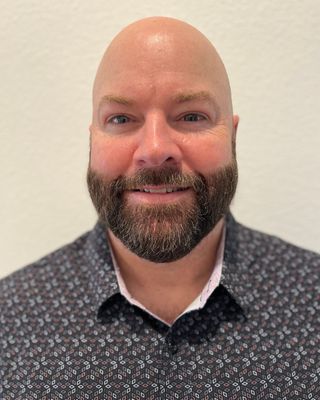
Dr. Thompson
Medically Reviewed by Dr. Thompson
Last Updated on:
July 18, 2024
Table of Contents
- Mental Health Support Groups
- Who Should Attend a Support Group?
- What Is a Support Group Like?
- BIPOC Mental Health Resources
- First Responder Mental Health Resources
- Young Adult Mental Health Resources
- Post-Partum Mental Health Resources
- Veteran Mental Health Resources
- Professional Mental Health Resources
- National Toll-Free Hotlines
- Find Mental Health Support Groups Today
Call Us Now!
Part of the recovery process when overcoming mental health disorders is finding and participating in different mental health support groups. Support groups can be used initially during a comprehensive treatment plan, as well as part of an effective aftercare plan to ensure continued improved mental health and well-being.
At Arbor Wellness in Nashville, we want to help people find the right mental health support groups after completing their personalized treatment at our facility.
You are not alone. You deserve to get help.
Arbor Wellness is an industry leader in mental health treatment. Our team of top medical experts specialize in dual diagnosis treatment and are committed to ensuring that each patient is treated as an individual. Call us today, we’re available 24/7.
Mental Health Support Groups
There are many different types of mental health support groups. Some support groups are peer-led and focus on others to share their experiences while the group listens and provides feedback about what the person is discussing.
Other support groups can be led by a therapist or other mental health professional and focus on education, and learning coping skills, or be less structured and be open to discussing anything the group desires.
In addition, there are support groups for family members who need guidance, support, and education or want to hear from other family members how they helped their loved ones.
Each type of support group usually focuses on a specific mental health disorder or topic and is designed to help connect others facing similar challenges with the same mental health condition.
Who Should Attend a Support Group?
Support groups are open to anyone who wants to attend. Usually, they are for people struggling with mental health issues, concerns, and challenges. However, they can also be beneficial for other people. Some of the people who should attend a support group include:
- Individuals who have been diagnosed with a mental health disorder who are in the process of completing a treatment program or have completed treatment and need ongoing support to maintain their improved mental well-being.
- Individuals with co-occurring disorders, such as substance addiction and depression. It is vital to ensure continued support is received to help the person manage their mental health condition without returning to substance abuse.
- Family members who are looking for support, guidance, coping strategies, and how they can provide support for their loved ones with mental health disorders.
- Anyone who experiences grief or loss and is finding moving forward difficult and challenging.
- Anyone who is not receiving the emotional support they need at home.
- People who want to learn more about mental health disorders and how they can help support those in their community diagnosed with mental health disorders.
What Is a Support Group Like?
Support groups can vary in format and structure but usually share some common features, as follows:
- Introductions: At the start of the group session, participants may introduce themselves by their first name.
- Confidentiality: The group leader will normally emphasize confidentiality, which ensures everyone feels safe, supported, and comfortable.
- Sharing: Participants are often encouraged to share based on the topic being discussed, but it is not required when someone is not yet comfortable in doing so.
- Listening: People actively listen to others and the topic being discussed.
- Discussion: The group leader normally guides discussions by exploring the topic in greater detail, encouraging participants to ask questions, or offering support from their own experiences.
- Skills building: Some support groups will provide guidance on building coping skills and can include role play to help people practice them in a safe and supportive environment.
- Resource sharing: Many support groups provide access to a list of mental health resources.
- Closure: The session could end with participants reflecting on what was discussed and mentioning the topics being covered at the next session.
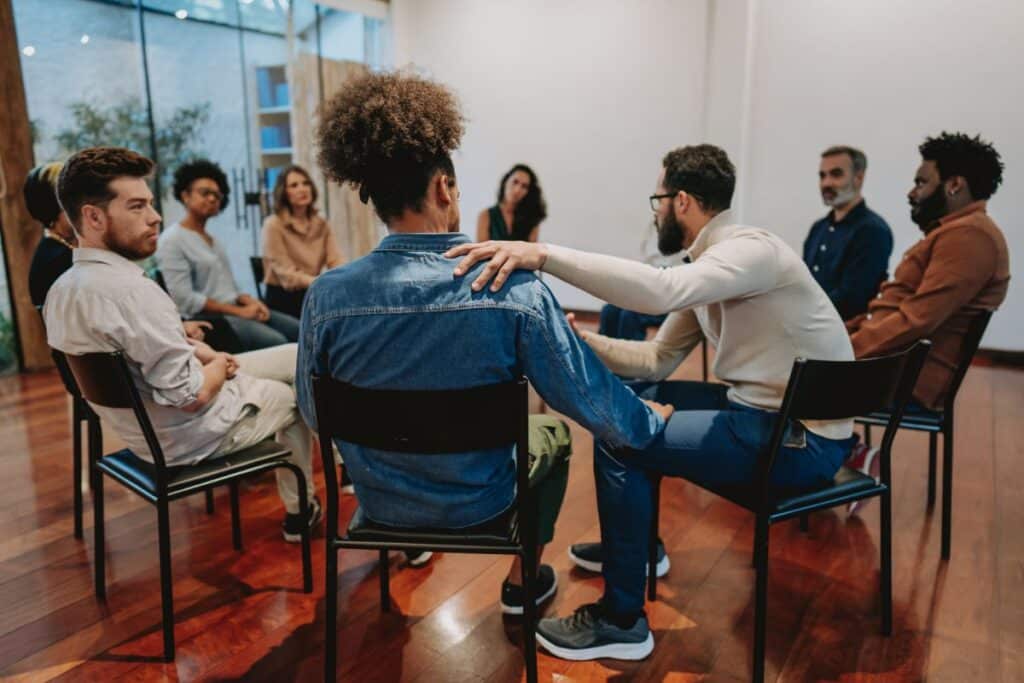
BIPOC Mental Health Resources
RESOURCES FOR PEOPLE OF COLOR FACING MENTAL HEALTH ISSUES
- Racial Equity Support Line: Lines for Life offers help and hope for individuals in different communities to prevent crises and offer support services. They have a Racial Equity support line to help those feeling the impacts of racist violence and microaggressions.
- Black Mental Health Alliance: BMHA provides educationally relevant education forums that support the health and mental well-being of Black people and their communities.
- Black Emotional & Mental Health Collective: BEAM is a wellness director that provides virtual black therapists, doulas, yoga teachers, meditators, and more.
- Therapy for Black Girls: This immersive site is an all-inclusive directory providing Podcasts, Blogs, resources, and more.
- Fireweed Collective: Fireweed offers mental health education and aid through a Healing Justice lens.
- Black Women’s Health Imperative: BWHI is an organization dedicated to advancing equity and social justice for Black women through education, research, and leadership.
- Black Mental Wellness: Black mental wellness offers evidence-based information and resources about behavioral health from a Black perspective.
- Therapy for Black Men: Therapy for Black men is a virtual therapy practice of 634 therapists and 61 coaches throughout the country.
- Innopsych: An online directory dedicated to helping people find clinicians of color.
- What’s On Your Mind: WOYM is a non-profit dedicated to having conversations around the stigma of mental illness in communities of color.
RESOURCES FOR PEOPLE OF COLOR FACING ADDICTION
- Recovery Dharma BIPOC: Recovery Dharma offers recovery meetings for those who only identify as BIPOC.
- IHS Substance Abuse: The Indian Health Service is a federal program that helps American Indians and Alaska Natives.
- SAMHSA Tribal Affairs: The Office of Tribal Affairs progresses tribal advocacy, and law and order and helps prevent substance abuse and suicide.
- White Bison: White Bison provides sobriety, recovery, and addiction prevention services for Native Americans and Alaskan Native communities throughout the United States.
- Blacks United In Recovery: BUR is an advocacy network for African Americans seeking recovery from mental health and substance abuse.
RESOURCES FOR DOMESTIC VIOLENCE
- Asian Task Force Against Domestic Violence: ATASK addresses the gaps in services for Asian domestic violence survivors.
RESOURCES FOR LGBT
- LGBTQ Psychotherapists of Color: This practice aims to help people find clinicians in their community.
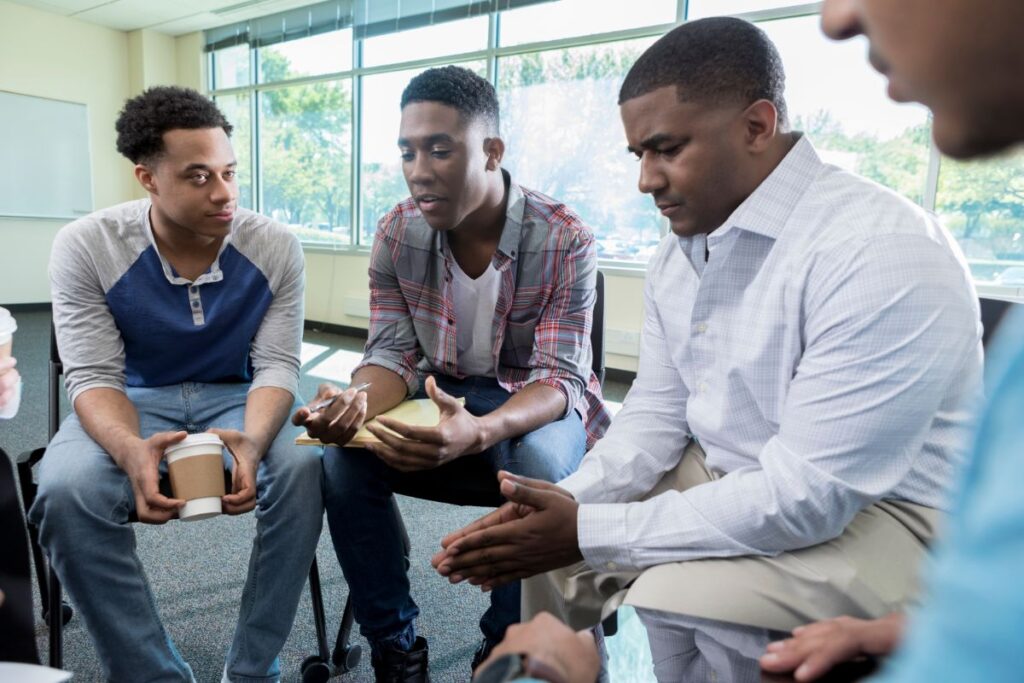
First Responder Mental Health Resources
First responders include police officers, firefighters, paramedics, and other emergency professionals who have high levels of stress, anxiety, and trauma on a daily basis. Due to the nature of their work, first responders can feel overwhelmed and experience mental health issues. Some resources specialized for first responders include:
- Safe Call Now: This is a confidential referral service that also provides support and training services.
- Code Green Campaign: This nonprofit organization offers education and resources for first responders.
- Badge of Life: This organization is dedicated to supporting mental wellness in first responders by offering training programs, workshops, and resources.
- Firefighter Behavioral Health Alliance: This organization helps firefighters with training, education, and crisis strategies for first responders.
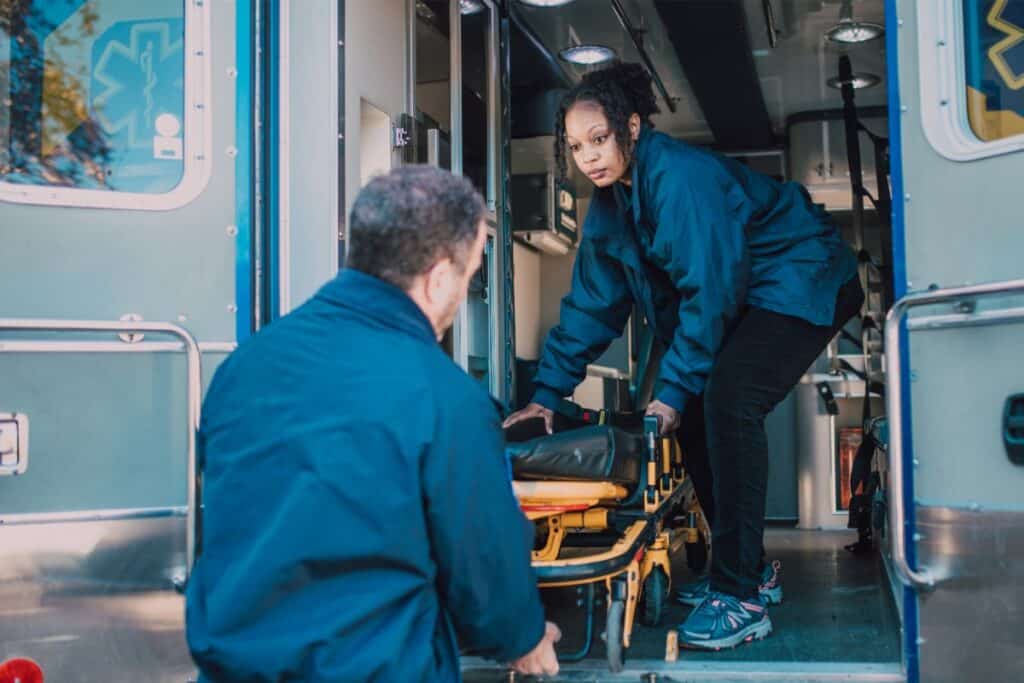
Young Adult Mental Health Resources
Young adults face a range of mental health issues that can start in adolescence and carry over into adulthood. Some teens also find it difficult to talk to their parents and peers about their mental health concerns. Some useful resources teens and young adults can turn to include:
- The Trevor Project: The Trevor Project provides crisis support, suicide prevention, referrals, and resources for teens and young adults. They are also a primary resource for the LGBTQ+ youth community.
- Active Minds: This nonprofit organization raises awareness about mental health issues among college students. It has over 800 campus chapters, which students can turn to when they need help and support with mental health concerns.
- The Steve Fund: This organization focuses on promoting mental health and emotional well-being for young people of color. Those who need help can test STEVER to 741741 to connect with a counselor.
- TeenLife: This organization provides access to a wide range of mental health resources and support options specifically for teens.

Postpartum Mental Health Resources
Postpartum depression is a mental health disorder some new mothers can experience after giving birth. Overcoming this condition is possible with the right support. Some useful resources women can turn to include:

Veteran Mental Health Resources
Veterans struggling with mental health issues have access to a range of resources tailored to the unique needs of former military personnel, including:
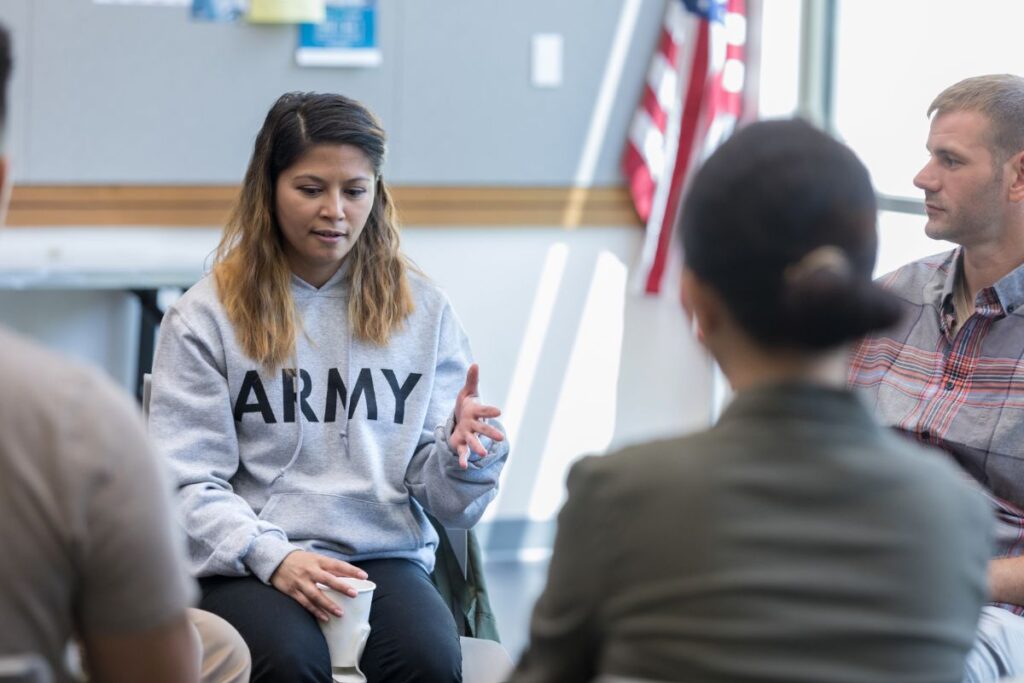
Professional Mental Health Resources
There are numerous professional mental health resources available, including ones for specific mental health issues, such as:
National Toll-Free Hotlines
- Child-Help USA assists children and adult survivors of different types of abuse, including physical and sexual abuse. Their hotline is staffed by mental health professionals who can be reached at 1-800-422-4453 (1-800-4-A-Child).
- Boys Town is a crisis hotline for teens and parents that provides support, referrals, and resource information. Their phone number is 1-800-448-3000.
- 988 Suicide & Crisis Line is available 24 hours a day for anyone contemplating self-harm or suicide. You can connect through text messaging, online chat, or by calling directly.
- SAMHSA’s National Helpline provides people with information and referrals to support groups, treatment facilities, and community-based organizations. Their phone number is 1-800-662-HELP (4357).
- NAMI provides access to online resources and support by calling 1-800-950-6264 or through chat and text messaging by texting “helpline” to 62640.
Find Mental Health Support Groups in Nashville Today
When you need help finding mental health support groups in Nashville, Arbor Wellness is here to help. We provide access to group therapy and support groups at our mental health facility. We are also happy to provide you access to resources, education, and other useful mental health information. We want you to remember you are not alone and deserve to get assistance and help when you need it.
Contact us today for further information and support now.
If You are in need of immediate assistance...
Don’t hesitate to contact us immediately. In the case of a medical emergency please contact 911 or visit your local emergency department.
We Work With Most Major Insurance
Did you know most major health insurance plans with out-of-network benefits can help cover most of the costs associated with our program? Click below to find out your coverage and treatment options right now.











